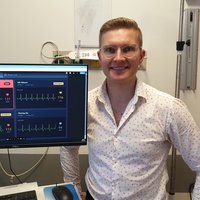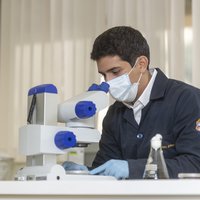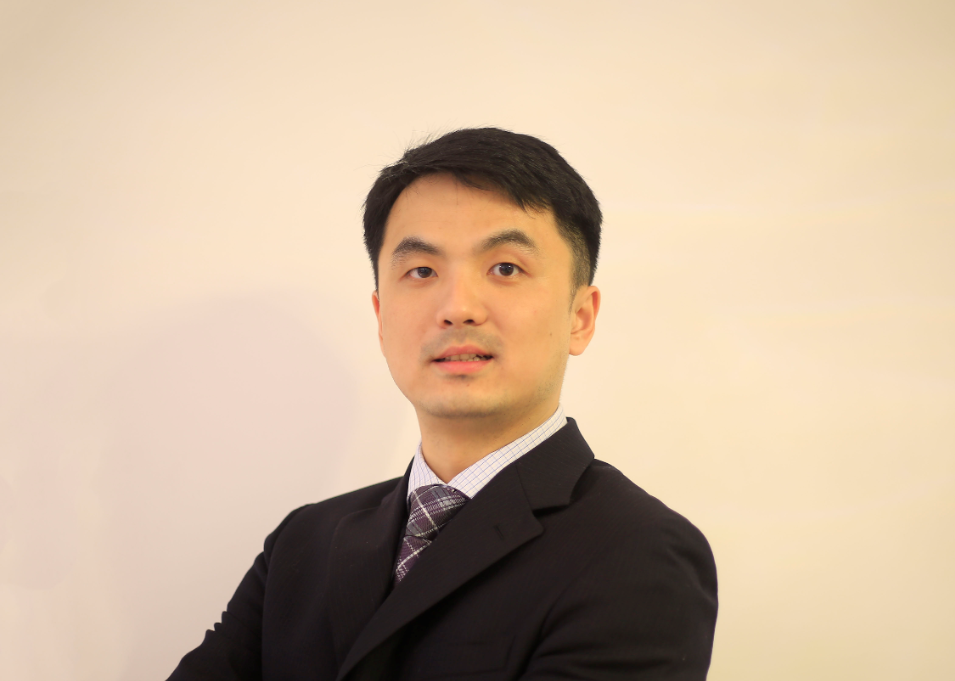Biotechnology & medicine
Lei Dai
Looking at the world through the microscope

Europe
Alexandre Colavin
His improved interpretation of genetic tests perfects diagnoses and enhances personalized medicine

Europe
Marek Sirendi
His device aims to predict and prevent cardiac arrests among patients with heart problems

Latin America
Roger Romero
Democratizing the consumption of omega-3 with the use of transgenic yeast capable of being produced in a quick and cheap manner

MENA
Laila Ziko
Mined microbes living in harsh conditions in deep Red Sea areas and found promising antibacterial and anticancer effects
